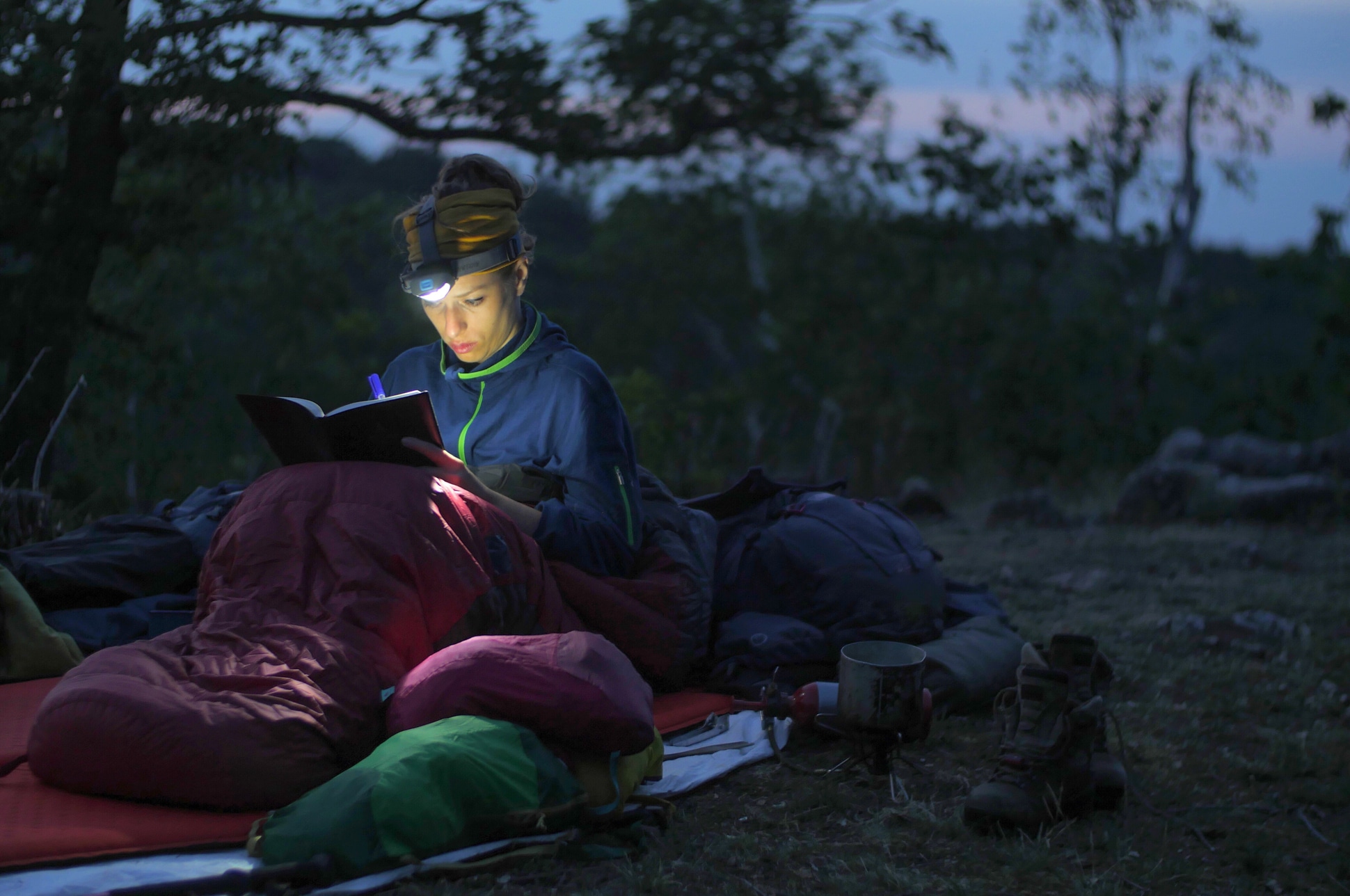What should you know about camping near UK water bodies like lakes and rivers?

Camping near water bodies such as lakes and rivers in the UK can offer a uniquely adventurous and serene experience. The tranquil surroundings, the sound of the water, and the opportunity to engage in water activities makes these camping spots a favourite for many. However, camping by UK water bodies requires proper planning and understanding given the inherent risks and the need for responsible outdoor ethics. From understanding the specific regulations in place to maintaining safety and protecting the environment, there are several factors you should be aware of.
This article will explore essential factors to consider when camping near UK water bodies, laying out the necessary preparations, regulations, safety measures, and environmental considerations that should be at the forefront of your planning.
Avez-vous vu cela : What are the best UK campsites accessible by public transport?
Understanding the Regulations
Before you set off on your camping adventure near UK's lakes or rivers, it's crucial to familiarize yourselves with the regulations in place. These rules, which can vary depending on the location, are essential to respect for safety and environmental reasons.
Public land in the UK, often referred to as 'crown land', is often open to recreational activities such as camping. However, it's wise to check with the corresponding authorities for any specific restrictions or permissions required. For instance, camping in some areas may require a permit, especially in popular or sensitive natural landscapes.
Avez-vous vu cela : How can you find the best star-gazing locations at UK campsites?
As for camping near water bodies, a common rule is the '30m rule'. This regulation requires campers to set up their campsites at least 30m away from the edge of the water body. This rule helps protect the delicate ecosystems around the water and ensures that any waste produced by campers doesn't end up contaminating the water.
Remember to check if campfires are allowed where you're camping. Often, there are strict rules about this, especially in areas prone to wildfires. In some cases, you may need to use designated fire pits or carry portable cooking equipment.
Preparing for Your Camping Trip
Preparation is key when planning a camping trip, especially when you're camping near bodies of water. These locations pose specific challenges that you should account for to ensure a safe and enjoyable experience.
Firstly, make sure you have the appropriate equipment. This includes a sturdy waterproof tent to protect against potential rainfall, and possibly a tarp or gazebo for additional shelter. Insect repellent is a must-have since water bodies often attract mosquitos and other insects. You may also want to consider a water filter for accessing safe drinking water from the lake or river.
Checking the weather forecast in advance is vital. Be cautious if heavy rain is predicted, as this could lead to the water level rising unexpectedly. Similarly, windy conditions can make it challenging to pitch your tent securely, particularly if you're on an exposed lakeside or riverside.
Finally, take the time to learn about the local wildlife. Certain animals may be attracted to water sources, so it's beneficial to know what potential wildlife encounters you might face and how to respond appropriately.
Safety Measures to Take
Camping near water bodies offers a unique set of safety challenges. Awareness and proactive measures can ensure you stay safe throughout your camping trip.
Be aware of the risks associated with water bodies. These can include slippery banks, strong currents, sudden drops, or even hidden debris underwater. Always supervise children near water, and avoid swimming alone or after consuming alcohol.
Ensure you have a first aid kit and know how to use it. It should include bandages, antiseptic wipes, tweezers, pain killers, and any personal medication needed. It's also wise to have a map and compass in case you lose signal or battery on your phone.
Remember that bodies of water can create a cooler microclimate. As a result, temperatures can drop significantly during the night, so ensure to bring enough warm clothing and good quality sleeping bags.
Protecting the Environment
Finally, when camping near UK water bodies, it's essential to uphold the principles of 'Leave No Trace'. This means preserving the natural environment by minimizing your impact.
Dispose of your waste properly. If there are no garbage facilities, take your rubbish with you when you leave. Be mindful of your toilet needs, either by using designated facilities or by digging a small hole at least 30m from the water source to avoid contamination.
Avoid disturbing wildlife or plants in the area. While it may be tempting to feed ducks or swans, human food can harm them and disturb their natural feeding habits.
Stick to existing trails to prevent erosion and damage to the vegetation. When setting up your campsite, look for a durable surface rather than a lush grassy area.
In conclusion, camping near the UK's beautiful lakes and rivers can be a magical experience. However, it requires planning, respect for regulations, safety precautions, and an ethical approach to protect the environment. By taking these considerations into account, you can ensure a memorable and responsible camping adventure.
Understanding the Wildlife
Gaining knowledge about the local wildlife can add an additional layer to your camping experience and can also ensure the safety of the animals that live near the water bodies where you plan to set up camp.
The UK is home to a diverse range of creatures, many of which reside near or in its numerous lakes and rivers. For instance, you might spot otters, herons, kingfishers, or even the occasional deer by the water's edge. While it is a thrill to observe these animals in their natural habitat, keep in mind that they are wild creatures. Ensure to maintain a safe distance and avoid any activities that could disturb them or their habitats.
Being knowledgeable about the wildlife can also help you stay safe. For instance, some animals are known to be protective of their territory, so know which ones to avoid. Furthermore, some snakes and insects found near UK water bodies can be harmful or even poisonous. Learning how to identify these creatures and knowing what to do if you encounter them can help keep you safe during your camping trip.
Remember, your visit to these natural landscapes is like visiting someone's home. Respect the needs and habits of the wildlife you encounter, and strive to minimise your impact on their environment.
Packing and Equipment Checklist
Packing the right equipment is crucial when camping near UK water bodies. This will not only ensure your comfort but also your safety during the trip.
You'll need the basics, such as a durable tent, sleeping bags, and cooking equipment. If you're planning on swimming or participating in water activities, don't forget to pack safe flotation devices, towels, and dry bags to protect your belongings from water damage. Waterproof boots can also be beneficial, especially if you're planning to explore the area around the water body.
To protect against the elements, pack appropriate clothing. Remember that temperatures can drop near water bodies, particularly at night. Layered clothing should help you stay warm, while waterproof clothing can shield you from unexpected showers.
It's also a good idea to pack a fully-stocked first-aid kit, maps, compasses, torches, and batteries or other power sources. These are essential items in any camping trip, and more so when you're near water bodies.
Remember, packing efficiently is just as important as packing the right items. Try to distribute the load evenly to make carrying your equipment easier.
Conclusion
Camping near UK water bodies can be a rewarding and unforgettable experience. The soothing sounds of the water, the rich wildlife, the opportunity for water activities, and the beautiful landscapes make these destinations a favourite among campers.
However, it's crucial to prepare adequately for such a trip. Understanding the regulations, preparing for your trip, taking safety measures, respecting wildlife and protecting the environment are all factors that should be at the forefront of your planning process.
By doing so, you can make the most of your camping adventure while ensuring your safety, and that of the natural environment. With thoughtful planning and responsible behaviour, your trip can contribute to the preservation of these beautiful UK landscapes for future generations to enjoy.
